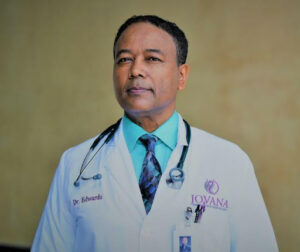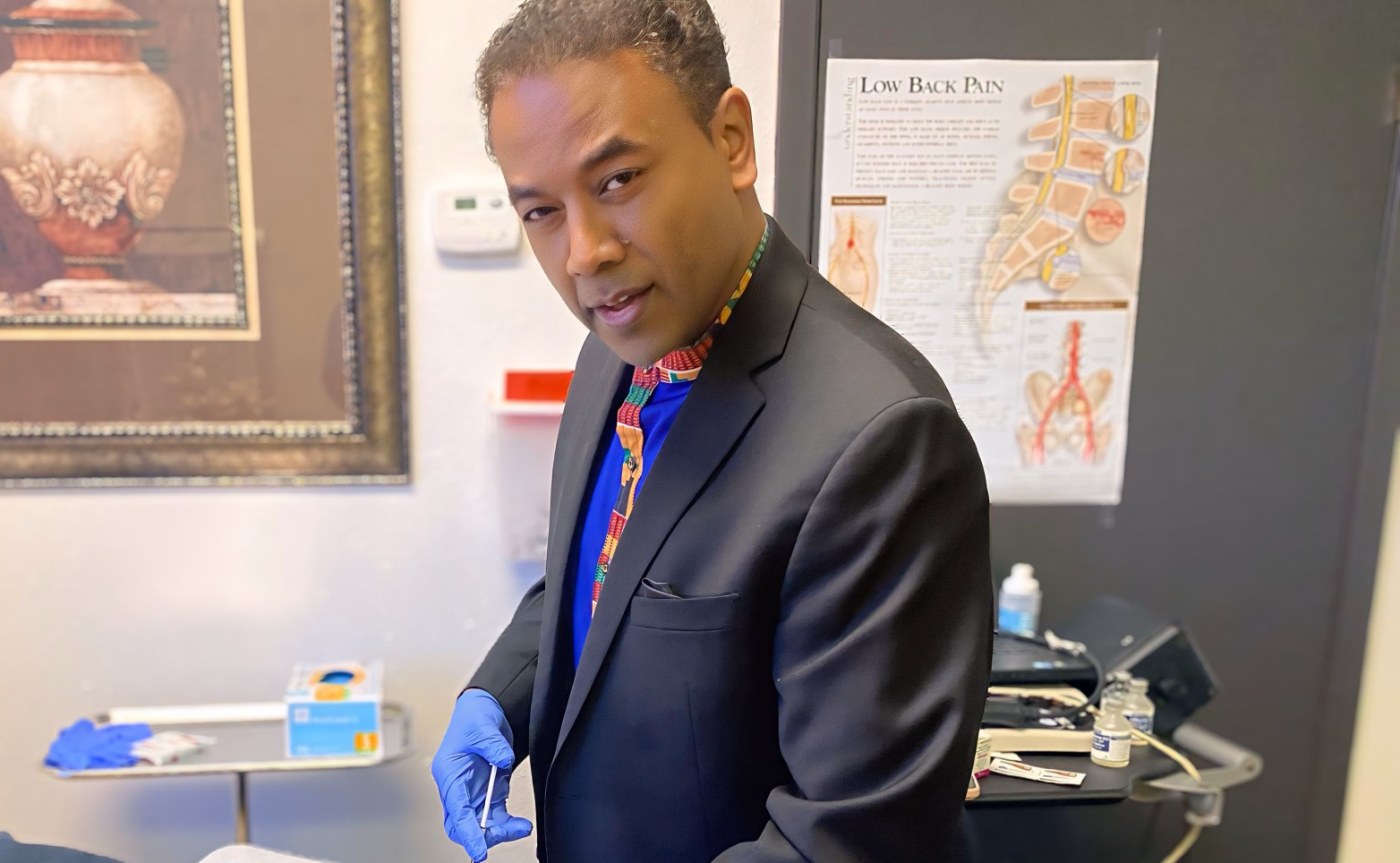Exercise is often hailed as a cornerstone of a healthy lifestyle—and for good reason. Beyond its immediate perks, such as boosting mood and energy, regular physical activity delivers profound long-term health benefits, including adding years to your life.
The Link Between Exercise and Longevity
Research consistently shows that exercise can increase life expectancy by three to seven years. This remarkable benefit stems from its ability to prevent diseases, enhance mental health, and strengthen the body in numerous ways (1, 2).
How Exercise Prolongs Life
- Boosting cardiovascular health – exercise strengthens the heart and improves circulation, reducing the risk of heart disease—the leading cause of death worldwide. It can also regulate blood pressure and cholesterol levels, promoting overall cardiovascular health (2)
- Preventing chronic diseases – staying active significantly lowers the risk of chronic conditions such as type 2 diabetes, certain cancers, and strokes. Regular exercise also fortifies the immune system, helping your body fight illnesses more effectively (1).
- Enhancing mental health – physical activity is a natural mood booster. By releasing endorphins—the body’s feel-good chemicals—it helps combat anxiety and depression, leading to a better quality of life and greater longevity (2).
- Managing weight – maintaining a healthy weight through exercise reduces the risk of obesity-related conditions like metabolic syndrome, which can significantly impact lifespan (2).
- Strengthening bones and muscles – weight-bearing and resistance exercises build bone density and muscle mass, helping to prevent osteoporosis and frailty. This strength supports mobility and independence as you age (2).
The Best Exercises for Longevity
While any physical activity is beneficial, certain types of exercise stand out for their longevity-boosting benefits:
- Aerobic Activities – walking, jogging, swimming, and cycling improve cardiovascular health. Aim for at least 150 minutes of moderate aerobic exercise or 75 minutes of vigorous activity weekly (1).
- Strength Training – lifting weights, resistance exercises, and bodyweight routines (like push-ups) enhance muscle and bone strength. Incorporate strength training at least twice a week (2).
- Flexibility and Balance Exercises – activities like yoga, Pilates, and tai chi improve balance, flexibility, and coordination—key for reducing fall-related injuries, particularly in older adults (1).
- High-Intensity Interval Training (HIIT) – short, intense bursts of activity followed by rest can improve cardiovascular health and metabolism in less time (2).
- Recreational Activities – sports, dancing, and other hobbies make exercise enjoyable and social, increasing the likelihood of long-term adherence (2).
In Conclusion
Incorporating a mix of these exercises into your routine ensures comprehensive health benefits. Remember, it’s never too late to start moving! Whether you’re a lifelong fitness enthusiast or just beginning your journey, exercise can profoundly improve both the quality and quantity of your life.
A brief sidebar:
Before starting any dedicated exercise program, it is crucial to consult a doctor to ensure you do not have any medical conditions (such as poorly controlled high blood pressure) that might restrict your ability to safely participate in an exercise regimen.
Start slow, stay steady. Remember, Akwata empola, atuuka wala.
Bibliography
- American Medical Association. Massive study uncovers how much exercise is needed to live longer. 2023. https://www.ama-assn.org.
- Harvard Health. Extra exercise may lead to a longer life. 2023. https://www.health.harvard.edu.
- Harvard Health. Can exercise extend your life? 2023. https://www.health.harvard.edu.
About the Author
 Dr. Ivan Edwards is a board-certified physician/specialist in Physical Medicine and Rehabilitation (PM&R) and a Fellow of the American Academy of PM&R. With expertise spanning the brain, spine, bones, muscles, nerves, pain, and medical rehabilitation, Dr. Edwards provides care to patients recovering from trauma, injuries, and debilitating diseases, helping them regain their lives and independence.
Dr. Ivan Edwards is a board-certified physician/specialist in Physical Medicine and Rehabilitation (PM&R) and a Fellow of the American Academy of PM&R. With expertise spanning the brain, spine, bones, muscles, nerves, pain, and medical rehabilitation, Dr. Edwards provides care to patients recovering from trauma, injuries, and debilitating diseases, helping them regain their lives and independence.
Prior to becoming a physician, he served as an ordained minister and pastor. He has also held the position of Health and Wellness Physician for the San Antonio Fire Department and contributed to several hospitals’ medical executive board committees. A respected authority in his field, Dr. Edwards has provided expertise in numerous court cases involving injuries, trauma, and rehabilitation.
His public speaking engagements span local and international stages, where he discusses topics related to health, the human condition, and personal growth.
 As a U.S. Air Force Flight Surgeon holding the rank of Lieutenant Colonel, Dr. Edwards continues to serve with honor and distinction. He has received multiple awards and decorations, including two Meritorious Service Medals, two Air and Space Commendation Medals, and the Military Outstanding Volunteer Service Medal. In addition to his medical career, Dr. Edwards is deeply committed to humanitarian efforts and public speaking engagements that inspire personal growth and health awareness on a global stage.
As a U.S. Air Force Flight Surgeon holding the rank of Lieutenant Colonel, Dr. Edwards continues to serve with honor and distinction. He has received multiple awards and decorations, including two Meritorious Service Medals, two Air and Space Commendation Medals, and the Military Outstanding Volunteer Service Medal. In addition to his medical career, Dr. Edwards is deeply committed to humanitarian efforts and public speaking engagements that inspire personal growth and health awareness on a global stage.
(Website: https://drivanedwardsfaapmr.com)






